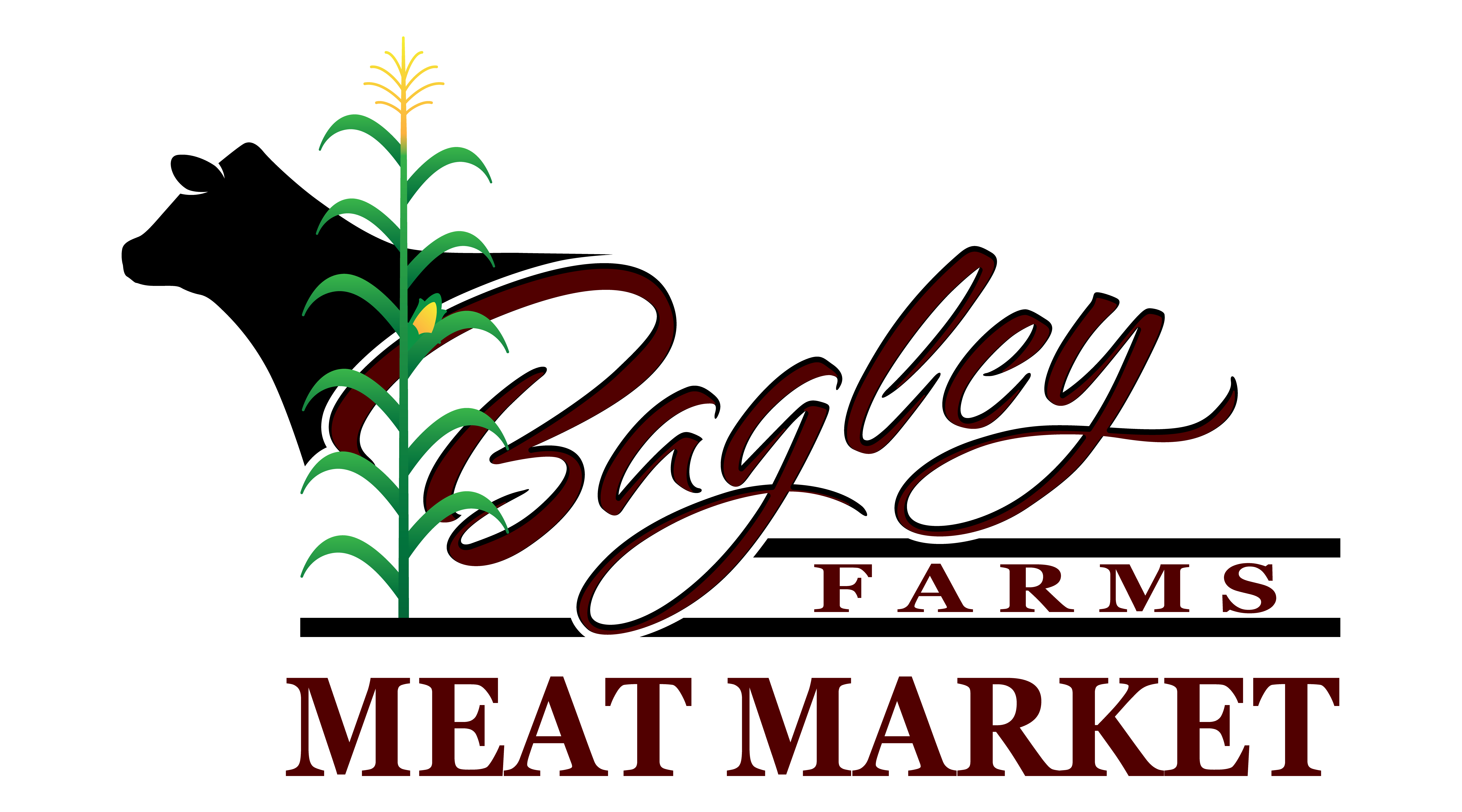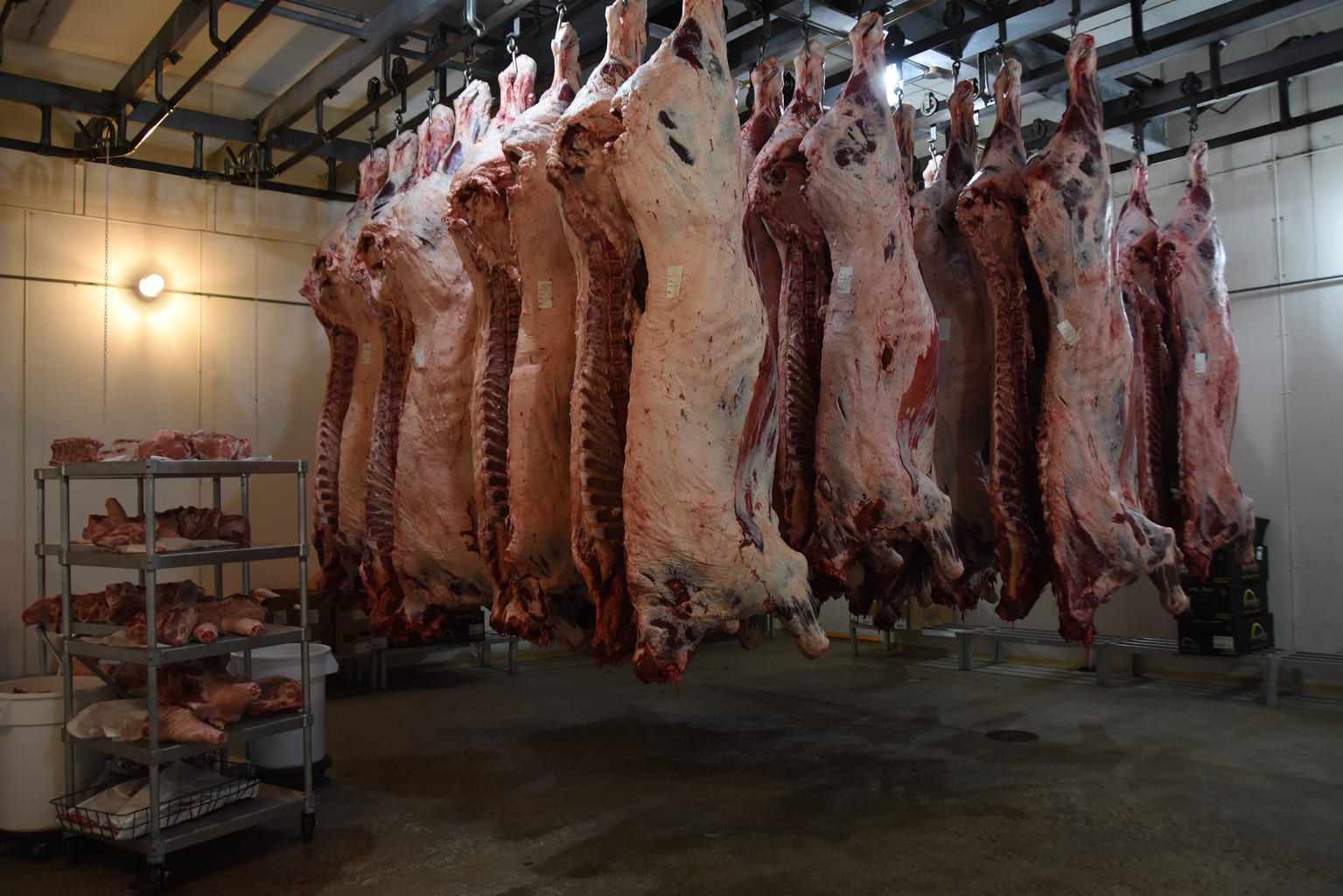Why Purchasing at a Farmers Market Supports Local Farmers and Your Community
Shopping at a farmers market serves as a substantial methods of sustaining neighborhood farmers while simultaneously reinforcing the economic fabric of your area. Take into consideration the impact this has on neighborhood economic climates and food systems.
Economic Advantages of Farmers Markets

Farmers markets considerably contribute to neighborhood economic climates by promoting direct sales between manufacturers and consumers. Such reinvestment not only boosts efficiency yet likewise suffers local agricultural tasks.
Moreover, farmers markets boost financial activity within the surrounding area. By attracting customers who might also buy from neighboring organizations, these markets aid to produce a dynamic local environment. The influx of consumers encourages foot traffic, which profits shops, cafes, and restaurants, inevitably resulting in a multiplier result that enhances the general economy.
Additionally, farmers markets frequently work as a system for small entrepreneurs and craftsmens, enabling them to display and offer their items. This diversification of local offerings can enhance area identification and satisfaction. Furthermore, many markets accept alternative kinds of repayment, such as food stamps or vouchers, making sure that fresh produce comes to a broader demographic, therefore advertising financial inclusivity. On the whole, the financial benefits of farmers markets prolong much beyond direct sales, promoting a resilient and robust neighborhood economy.
Freshness and Top Quality of Generate
The unequaled freshness and high quality of fruit and vegetables located at farmers markets are key variables that attract customers seeking healthy and flavorful choices. Unlike supermarket offerings, which usually undergo long transportation times and storage durations, the fruits, veggies, and various other products offered at farmers markets are commonly harvested just days or even hours prior to being offered. This immediacy makes sure that the nutrients, flavor, and appearance are protected, providing a superior cooking experience.
Additionally, farmers markets typically include seasonal fruit and vegetables, allowing consumers to enjoy fruits and veggies at the optimal of their perfection. Neighborhood farmers take pride in their expanding practices, frequently utilizing sustainable techniques that enhance the high quality of their produce.
The direct connection in between the farmer and the consumer at these markets fosters openness regarding farming methods, better assuring consumers of the quality of their purchases. Consequently, customers can confidently sustain their health and wellness while taking pleasure in the abundant tastes that come from regional, freshly harvested fruit and vegetables.
Structure Area Relationships
Area partnerships flourish at farmers markets, where regional manufacturers and customers engage in significant interactions. farmers market edwardsville il. These markets offer as dynamic community hubs, fostering connections that extend past mere transactions. Consumers have the unique possibility to fulfill the really farmers that grow their food, helping with a deeper recognition for agricultural techniques and the difficulties encountered by local producers
This direct interaction develops trust and loyalty, allowing customers to support the extremely people who add to their community's economic situation and vitality. These interactions often lead to the sharing of understanding about seasonal fruit and vegetables, food preparation suggestions, and sustainable techniques, improving the neighborhood's cumulative understanding of food systems.
In addition, farmers markets develop a sense of belonging, as people from diverse backgrounds come with each other to celebrate local society and shared values. Inevitably, purchasing at farmers markets is not simply concerning acquiring food; it is concerning supporting neighborhood bonds that contribute to a successful and durable local ecosystem.
Supporting Sustainable Practices
At farmers markets, sustainable practices are not just urged yet proactively advertised, creating a platform for ecologically aware consumption. These markets commonly feature local farmers who make use of organic farming methods, which substantially decrease the dependence on synthetic chemicals and plant foods. By prioritizing organic growing, they add to much healthier communities and advertise dirt health, guaranteeing that the land can sustain agricultural techniques for future generations.
In addition, numerous farmers at these markets embrace sustainable techniques such as crop rotation and permaculture methods, which enhance biodiversity and decrease soil disintegration. The emphasis on seasonal fruit and vegetables also decreases the carbon footprint related to carrying food over long ranges, promoting a much more lasting food system.

Supporting Neighborhood Food Systems

Supporting local food systems additionally reduces the carbon impact connected with moving food over long distances. When customers acquire directly from local farmers, they lessen the need for considerable supply chains, thus preserving energy and sources. In addition, farmers markets usually encourage sustainable farming methods, as neighborhood producers are more probable to focus on eco-friendly methods to attract their area.
Additionally, by spending in regional food systems, customers add to the resilience of their neighborhoods. A durable regional food network can stand up to financial discover here fluctuations and exterior pressures, making sure a secure food supply. Eventually, shopping at farmers markets not only sustains neighborhood farmers but also boosts the overall wellness and sustainability of the neighborhood's food environment.
Conclusion
Buying at farmers browse around this web-site markets plays a vital duty in supporting regional farmers and enhancing neighborhood resilience. The straight partnership in between consumers and neighborhood producers not just guarantees accessibility to fresh, top quality food but also reinforces regional food systems.
Buying at a farmers market offers as a substantial methods of supporting neighborhood farmers while simultaneously strengthening the economic fabric of your neighborhood. By focusing on local sourcing, farmers markets help maintain local agricultural diversity and promote the consumption of seasonal fruit and vegetables, which in turn strengthens local economic climates.
Ultimately, buying at farmers markets not only sustains neighborhood farmers however additionally enhances the overall wellness and sustainability of the neighborhood's food ecosystem. (farmers market edwardsville il)
Purchasing at farmers markets plays an important role in supporting neighborhood farmers and improving area resilience. The direct connection in between consumers and neighborhood manufacturers not only ensures accessibility to view publisher site fresh, high-grade food however likewise reinforces regional food systems.